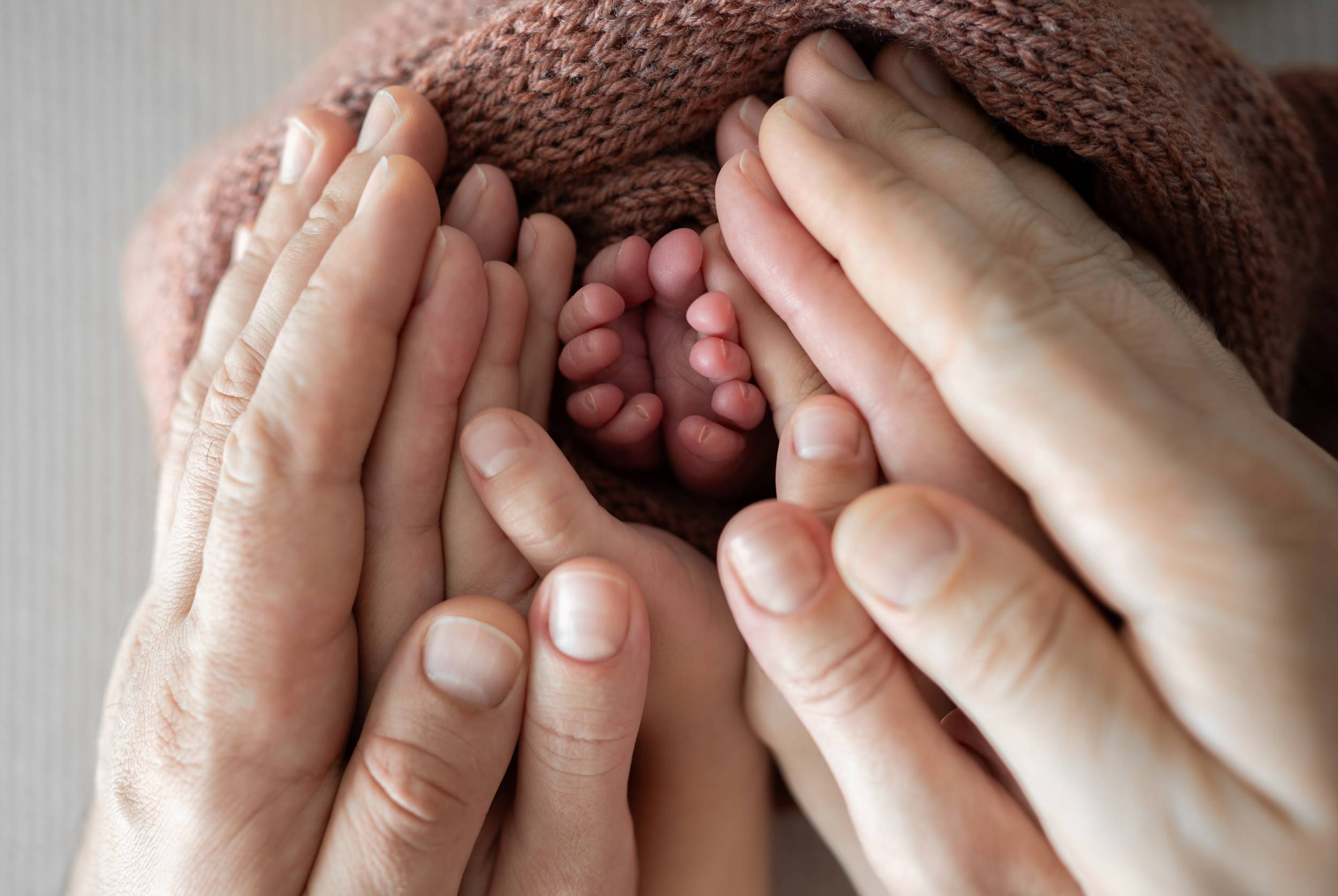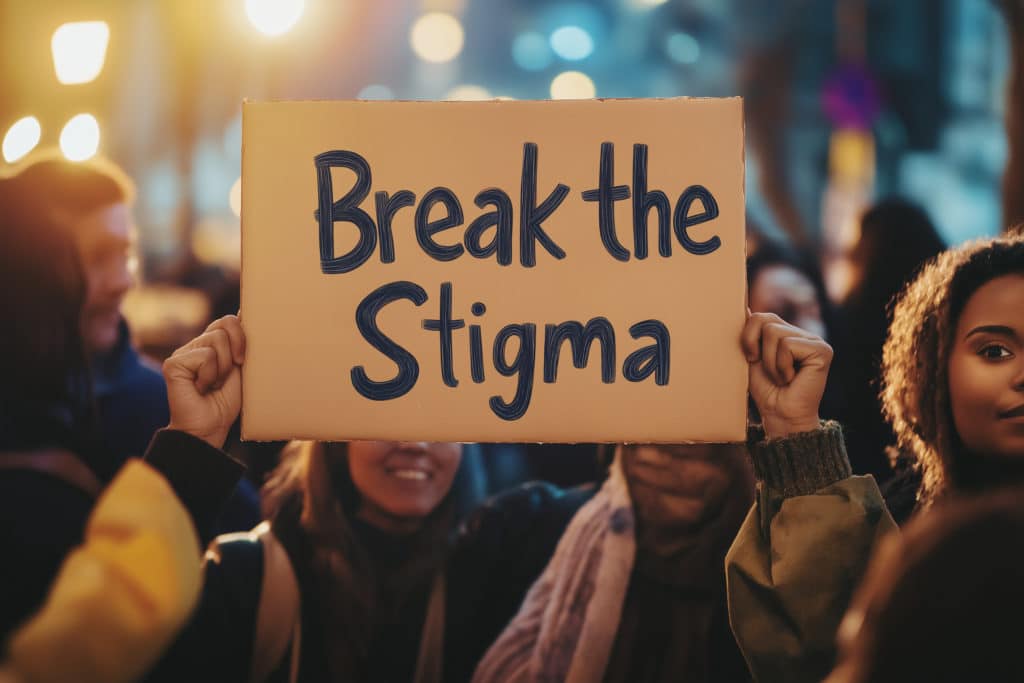
The nature of this topic is so fragile. We hear the term used more frequently when fertility is in question or presenting with challenges. This is often summed up to “they’re having fertility issues”.
Fertility becomes an issue when there is a desire to have a family. Of course, the status of fertility does not mean the inability to have a family. Families are formed in numerous ways. But the status of fertility can change the course of how a family is created.
As women pursue higher education and career paths, starting a family may occur later. Women on this track who want to have children are faced with the term time “biological clock”. Women can experience an internal pressure about the timing of their career and family planning decisions. Women not only grapple with that vocational choice but also manage how it’s perceived by others. Women must navigate familial expectations, cultural norms, and societal pressures. Deciding to have a family later can cause anxiety and depression if this does not occur as planned or at all.
Couples who struggle with infertility may experience feelings of inadequacy within themselves. This often occurs when there is a biological barrier to conceiving. It can be even harder on a couple’s relationship when only one partner is the cause of infertility. Couples can also feel isolated by their attempts to conceive behind closed doors. This can create awkward social interactions. Couples may feel that no one knows what they are going through or if they do, others don’t share their own stories and struggles of what they went through. Even well-meaning people within your support system may say comments like “oh it will all work out” or “did you try this” or even “we didn’t have any problems having children”.
The frustration that builds within the couple’s relationship about infertility issues along with managing other people’s responses and reactions can cause resentment, anger, and isolation. Infertility can also lead couples to question their sense of purpose. If a woman is unable to conceive a child, are she and her partner open to alternative ways to have a child? Was this discussed prior in the relationship or are considerations about IVF, surrogacy, fostering, or adopting coming up for the first time? Finances, religion, and cultural beliefs can also shape decisions.
Therapy can be a safe, supportive space for couples or individual partners to explore how they are handling the stress and uncertainty of fertility. The grief and loss of failed attempts is devastating, and partners may respond to the loss differently. Couples experience profound hope and loss when dealing with infertility. Emotions are fragile and raw. They’re too often buried or masked by the obligations of daily life. One partner might assertively communicate their feelings about loss while the other partner’s communication style may be passive. Both partners may be devastated by the loss, but a passive communication style can present as less caring, even unfeeling. Therapy can help. On a journey filled with uncertainty, therapy can be a consistent place to take care of your emotional health. On a journey that feels lonely, therapy can illuminate opportunities for connection. And on a journey that can steer couples into a pattern of comparison with their peers, therapy can help you rediscover your strengths.
Stay Updated With The Most Recent News & Blogs From Soultenders.
Get blog articles and offers via email







